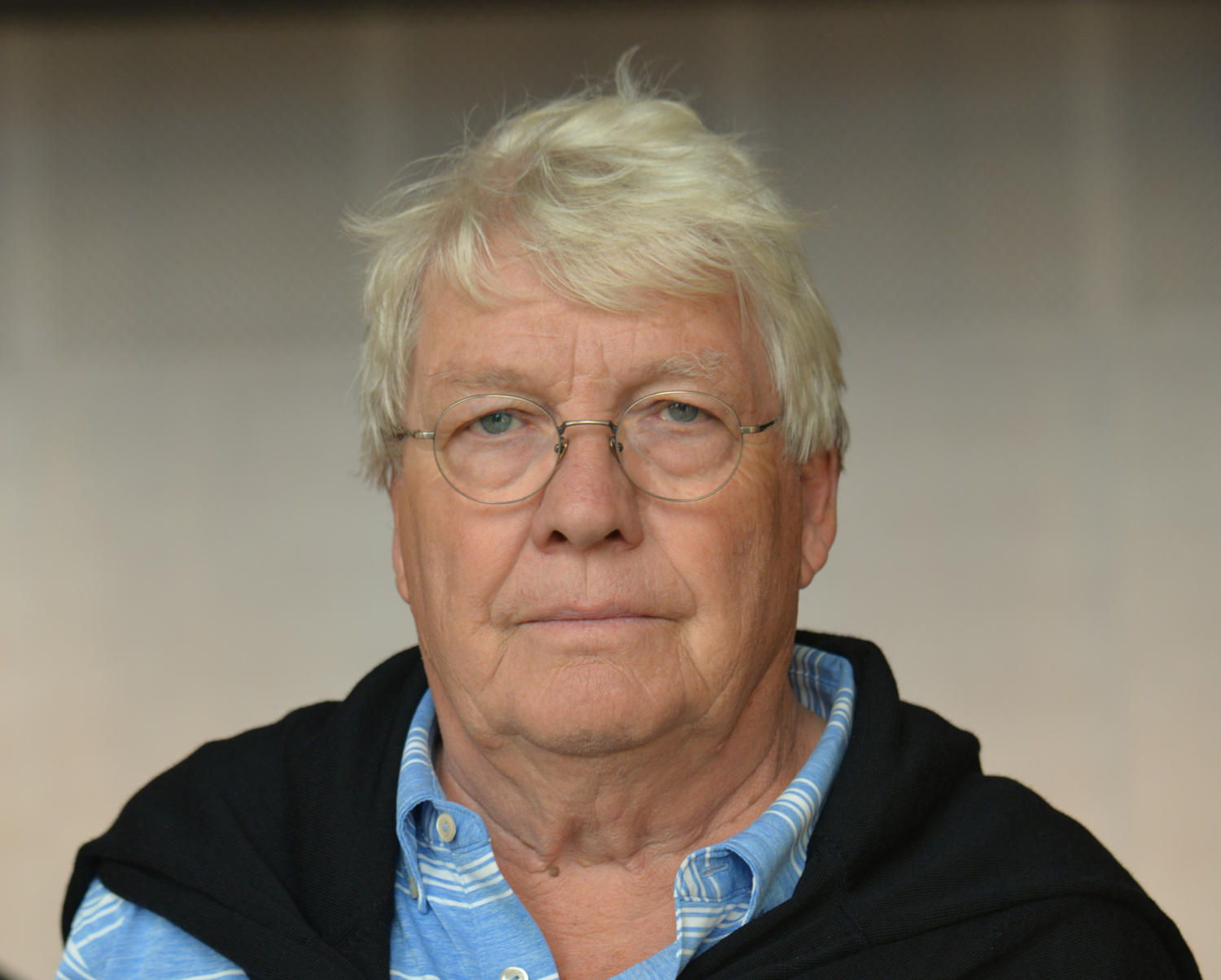Barriers to health care access by people with a disability are the focus of being released today by the ACT Council of Social Service (ACTCOSS) called Imagining Better – Reflections on access, choice and control in ACT health services for people with disability.
The Executive Director of ACTCOSS, Susan Helyar, said, “The report documents insights from people with disabilities into the operation of some health services. It outlines positive experiences as well as barriers and issues with health access arising from culture, infrastructure, service responses and availability. The report provides evidence of the need for improved responses across policy, workforce, attitudes and infrastructure.
“People with lived experience shared concerning experiences including a lack of communication prior to a major surgery; a lack of disability supports during inpatient stays and in outpatient settings, being unable to afford the care they needed, access and infrastructure issues in the Canberra Hospital, clinicians not taking the time to listen, inaccessible testing kits and interactions with doctors in Centrelink assessments which corroded confidence in other medical interactions. This work was people led and culminated in an appreciative inquiry session where people with disability reflected on real life stories, data and evidence.
“The report includes clear advice on constructive ways forward. This advice was built on what people told us what went well for them – good communication, considering and addressing accessibility and enabling disability supports to be used within both inpatient and outpatient settings. Our called for investment in a disability and health strategy to focus on policy, workforce development and improved services.”
Darlene Cox, Executive Director of the Health Care Consumers Association of the ACT, was pleased the report “notes some areas of good practice and positive investments including at the University of Canberra Hospital. It is good to hear about occasions when there was good communication, provision for access and where disability supports were able to be used within the health system.
“A recurring theme from this report and our own work has been the importance of tapping into the expertise which people have built in managing and understanding their own conditions – we really need to get better at listening to consumers, including those with disabilities,” Ms Cox said.
Rachel Sirr, Executive Officer of People With Disabilities ACT, said, “The report contains feedback from people’s best experiences in the healthcare sector when professionals have listened, valued and acted on consumer feedback and have communicated effectively. Gaps in and cultural barriers to effective communication prompted People With Disabilities ACT and Rebus Theatre to work together during 2018/19 with funding from the ³Ô¹ÏÍøÕ¾ Disability Insurance Agency to produce a new resource, . This resource highlights the challenges often faced in healthcare settings, and the ways healthcare professionals can improve experiences for everyone involved.”
ACTCOSS have provided government with the findings. Ms Helyar noted in conclusion, “One of the things the ACT Government committed to do when we started this work was to respond to the report and we now look forward to seeing advice from this report shape policy reform priorities, service and infrastructure design, workforce development and a culture of inclusion for people with disabilities when they access health services.”








